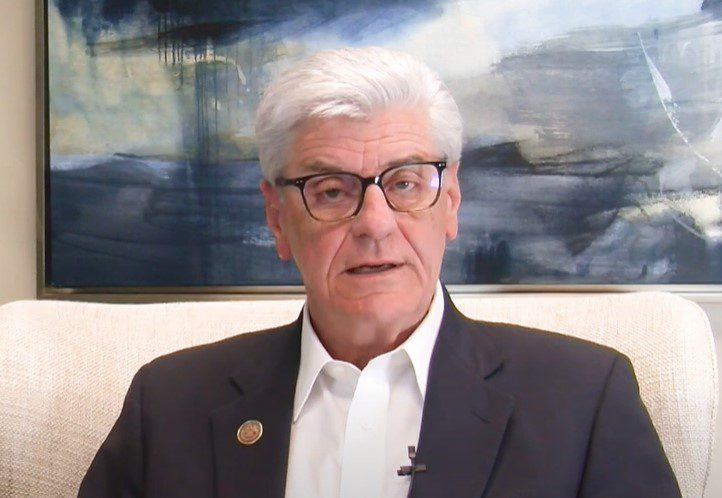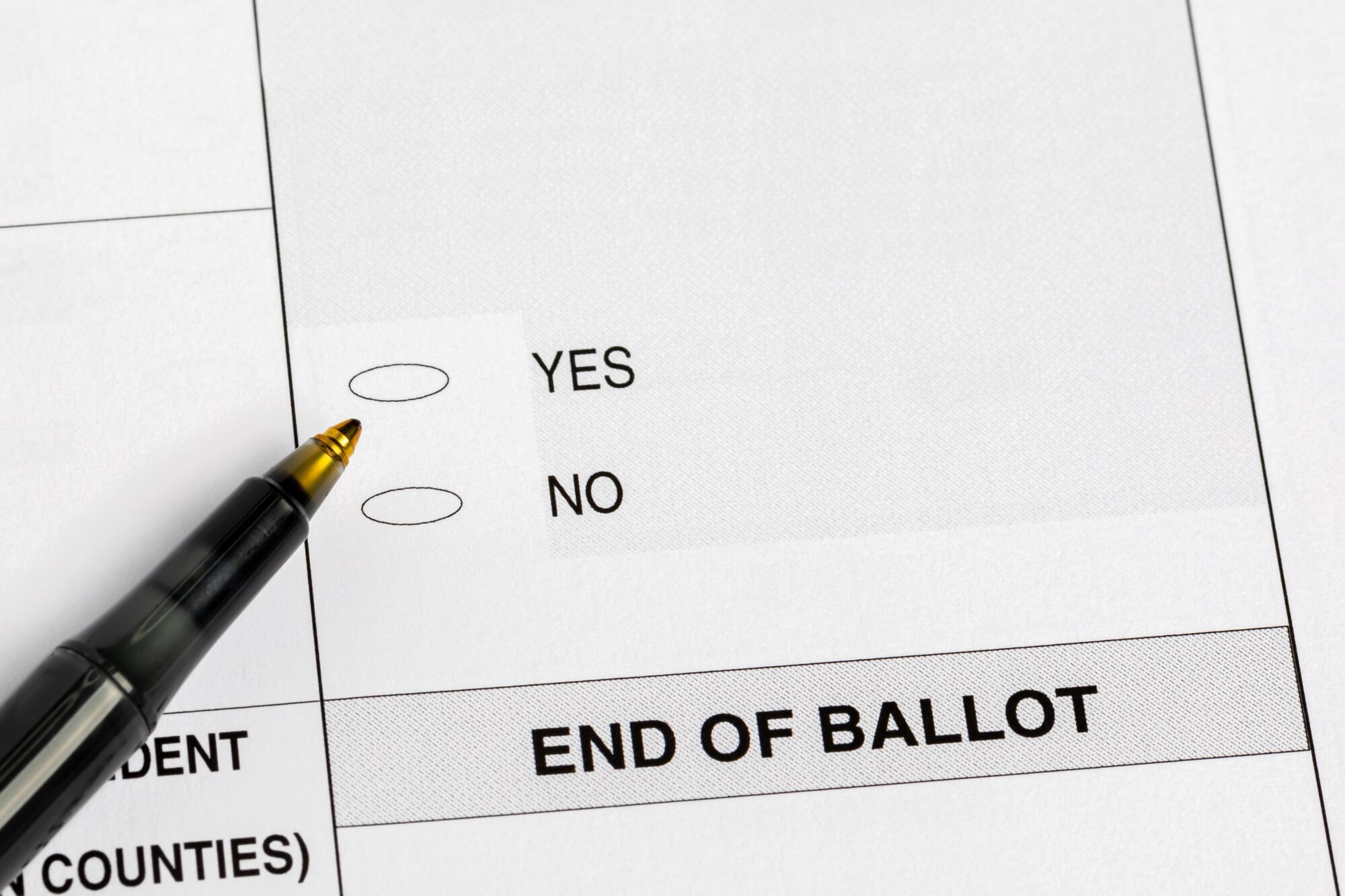
Two lawsuits were filed to challenge the new law, one by the NAACP and the other by the ACLU on behalf of three Jackson residents.
On Thursday, Hinds County Chancery Judge Dewayne Thomas issued a temporary restraining order on H.B. 1020. The bill was signed by Governor Tate Reeves two weeks ago, and heavily impacts the combating of crime and the court system in the Jackson area.
The restraining order will last until a hearing is held on the motions in the case. That hearing is scheduled for next Wednesday, May 10th at 9:30 a.m.
The decision came after two lawsuits were filed against the legislation. The first from the NAACP, and the second from the ACLU of Mississippi on behalf of three Jackson residents.
Ultimately, both lawsuits allege that the new law would disenfranchise black residents of the capital city by implementing several new measures with heavy state oversight.
The law expands the boarders of the Capitol Complex Improvement District (CCID), increases Capitol Police jurisdiction, creates a temporary inferior court within the CCID with an appointed judge, and provides for four additional temporary judges within Hinds County’s court system that would expire. It also allows for the hiring of additional District Attorneys and Defenders that would be permanent.
The Mississippi Supreme Court chief justice is to appoint the four temporary judges. Judge Thomas said his ruling would not impact those appointments.
“The court is well aware that the plaintiffs were challenging the constitutionality of that section of the code as well as H.B. 1020, but this statute has been in law for many years, and what I’m trying to do is stay in the status quo until I can have a hearing next week,” said Judge Thomas. “And I’ll rule then on what we should do or may not do.”
The legislation has received strong opinions either for or against. Author of the bill, State Rep. Trey Lamar has maintained that its intent is to help the city of Jackson address their increase in crime.
“That [appointment of judges] is the very thing that multiple members of the Hinds County delegation requested the Mississippi Supreme Court and the Mississippi Legislature to implement, over the last several years in order to assist Jackson and Hinds County. This is a well-established fact,” said Lamar at the time the lawsuits were filed.
However, some lawmakers say it is an attempt for the state to control Jackson.
“The idea that local judicial power should be shifted from the voters of Hinds County is unjust and far too much like the separate but equal policies of the past,” said a statement from the Mississippi Legislative Black Caucus. “Our fellow lawmakers should focus their efforts on passing legislation to improve our Capitol City, the state and her people.”











